Subtle inflaton interactions may reshape our understanding of cosmic inflation, altering predictions about dark matter, black holes, and gravitational waves.


Subtle inflaton interactions may reshape our understanding of cosmic inflation, altering predictions about dark matter, black holes, and gravitational waves.
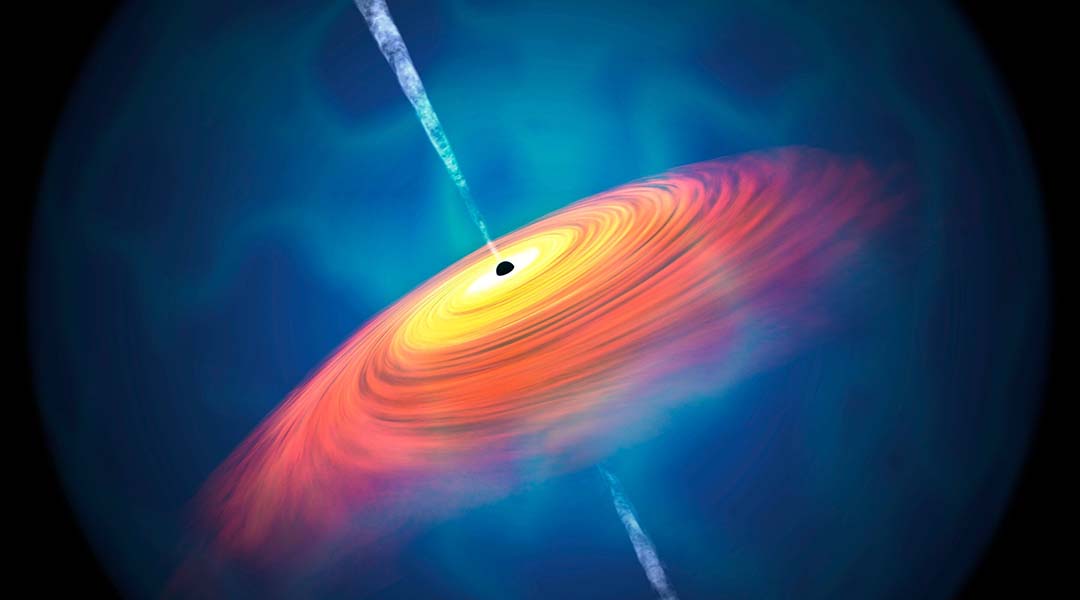
Scientists have only observed supermassive black holes one billion years after the Big Bang, but astrophysicists have now breached this barrier.
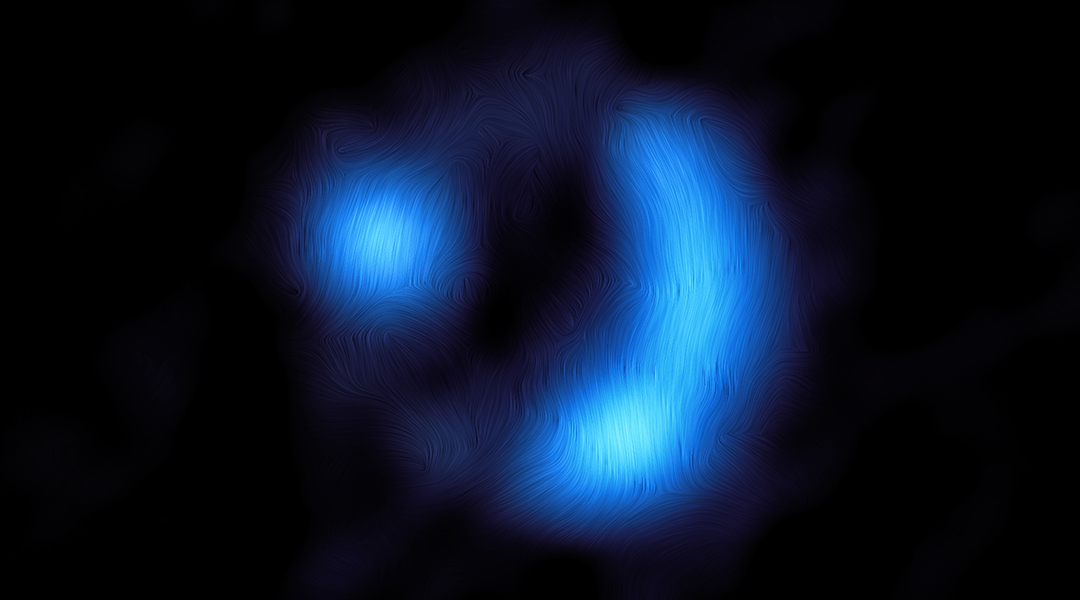
The galaxy 9io9 is seen as it was when the cosmos was just 2.5 billion years old, making this the earliest galactic magnetic field ever observed.
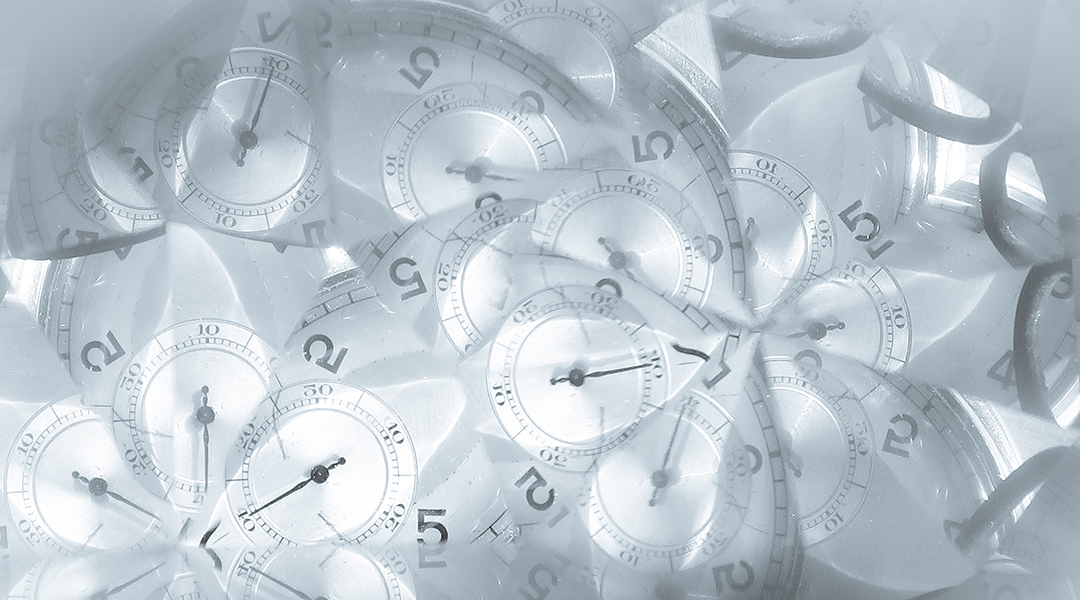
Using quasars as ticking cosmic clocks, scientists took a journey back in time, discovering time progressed five times slower just after the Big Bang.
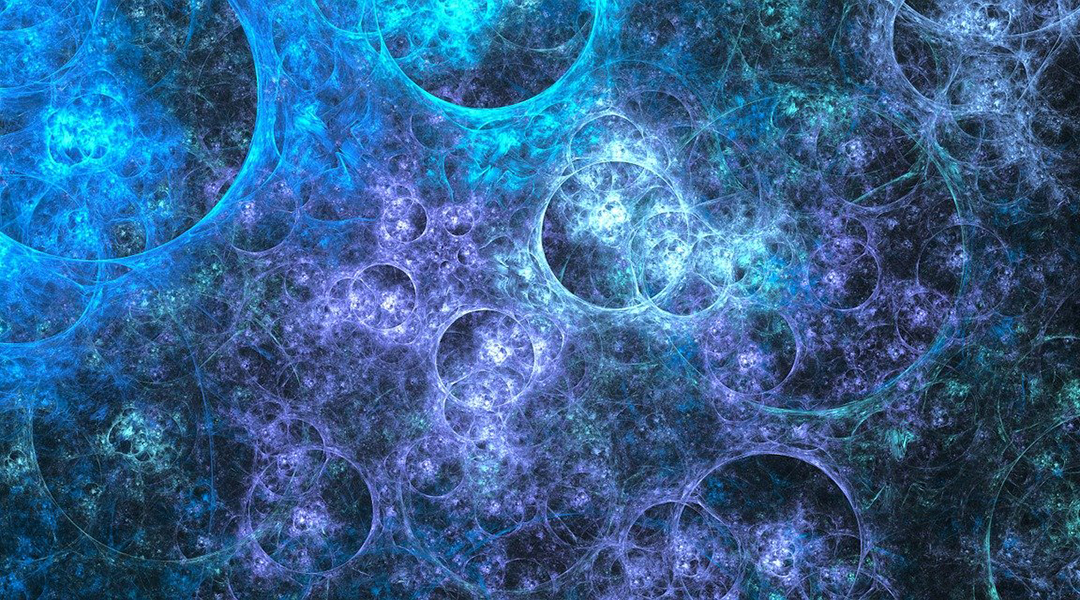
Gravitational waves produced by the phase transitions of matter right after the Big Bang could provide new insights into particle physics.
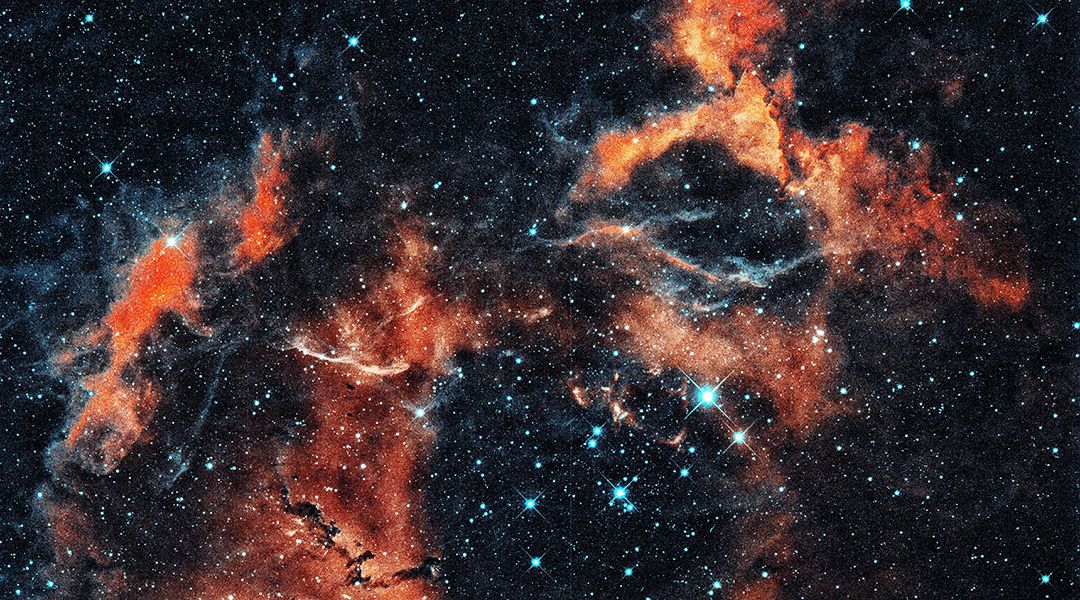
Using an artificial neural network and AI, researchers are developing a powerful computational tool to model particle physics following the Big Bang.
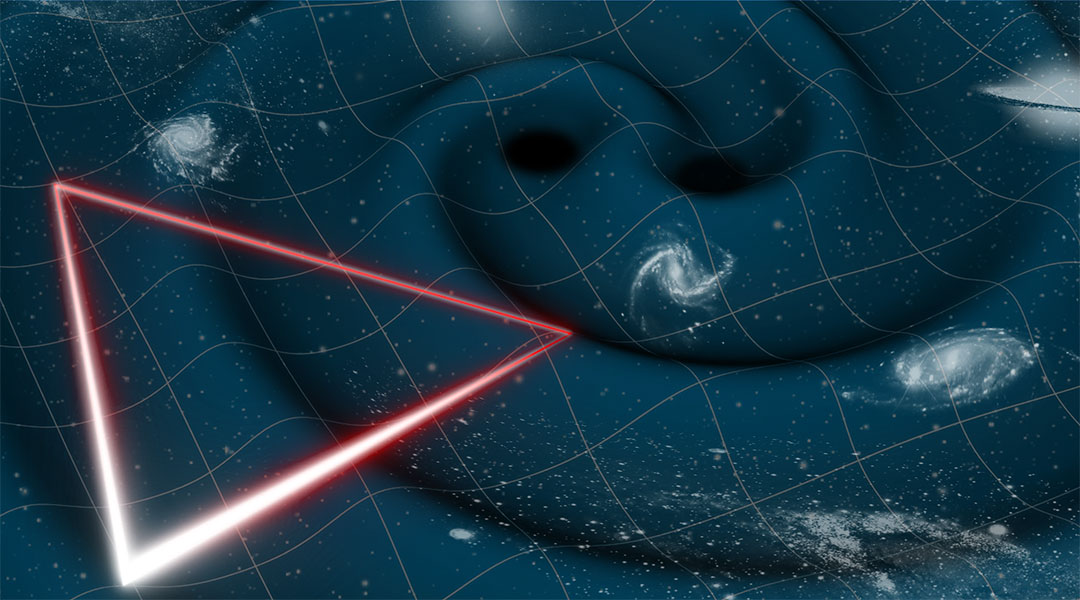
ESA greenlights LISA, a space-based observatory poised to detect gravitational waves across space and time.

It’s looking less and less likely that the Hubble tension is a result of observational errors.
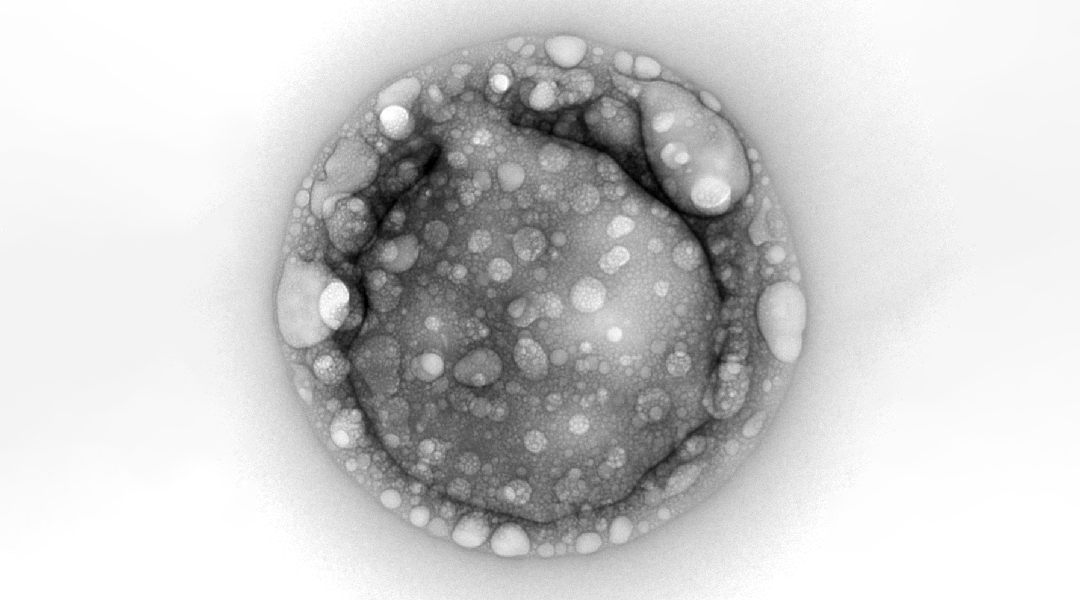
What role could non-biological molecules have played in helping primitive biological and chemical systems evolve into their current, complex forms?
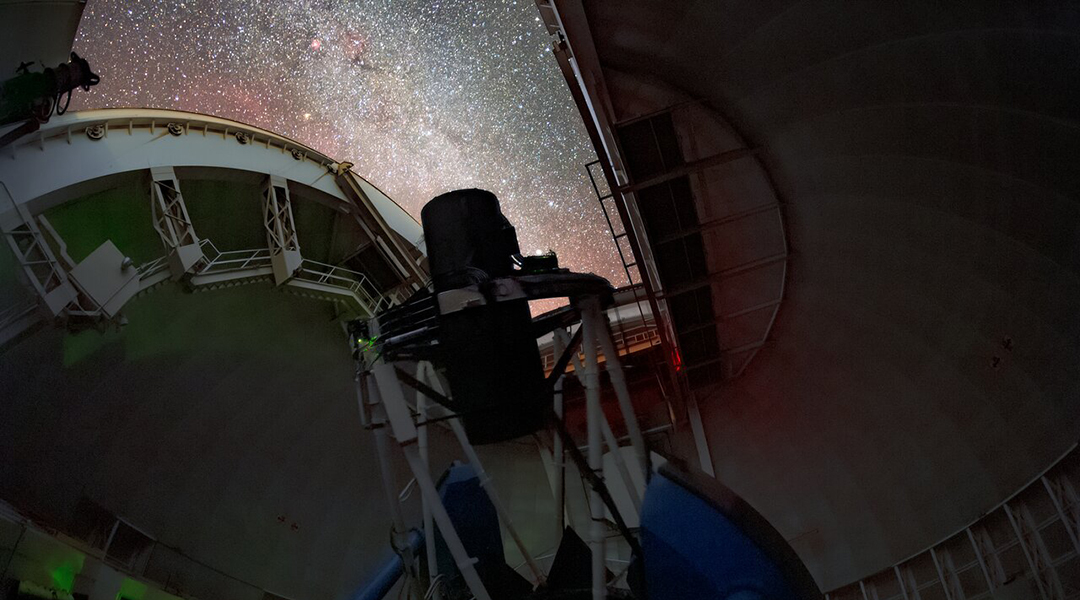
Galaxies, quasars, and stars… oh my! Dark Energy Spectroscopic Instrument (DESI) first data is a small fraction of the huge cosmic survey it will conduct.